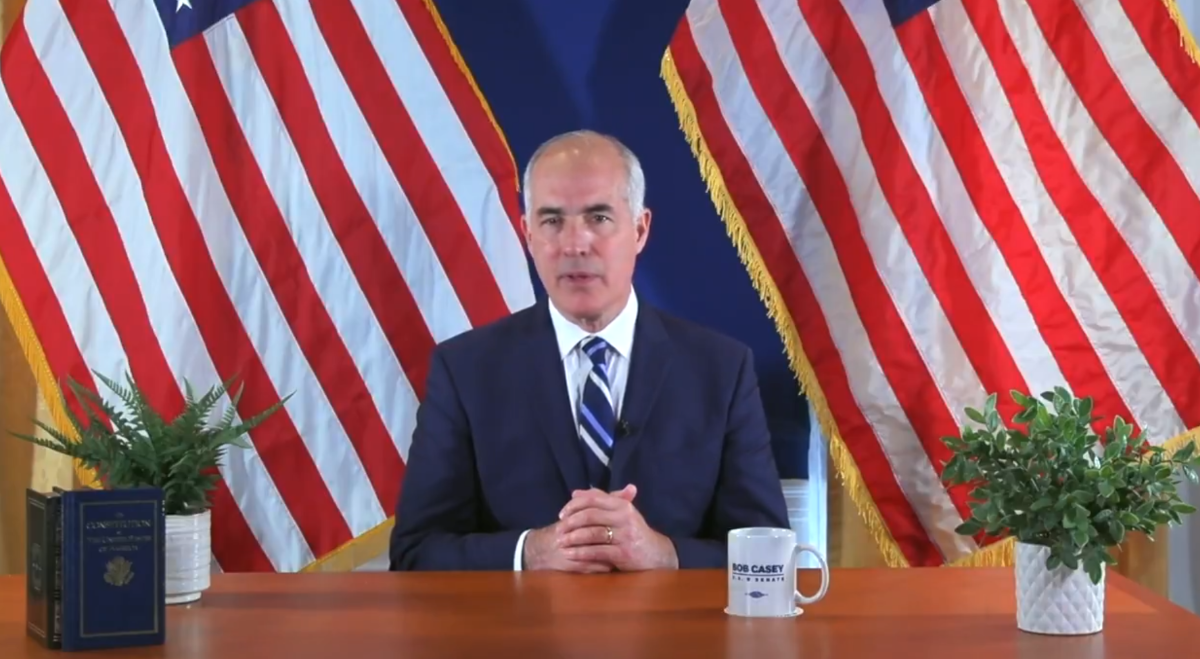CDC cautions HIV+ individuals at greater risk of COVID-19 reinfection.
The Impact of HIV on COVID-19 Reinfection Rates
A recent study conducted by the U.S. Centers for Disease Control and Prevention (CDC) has revealed that individuals with HIV are at a higher risk of being reinfected with COVID-19 compared to those without HIV.
The study, published in Emerging Infectious Diseases, analyzed data from 453,587 adults in Chicago who had contracted COVID-19. The researchers then examined the COVID-19 testing results in relation to Chicago’s AIDS and HIV reporting system.
“HIV can compromise the immune system; persons with HIV (PWH), especially those not receiving antiretroviral therapy (ART), might be vulnerable to SARS-CoV-2 infection,” the researchers explained. ”Understanding how COVID-19 affects PWH is important because approximately half of PWH are over 50 years of age and have higher rates of medical comorbidities, compared with persons without HIV (PWOH).”
Related Stories
The study found that 5.3 percent of individuals who tested positive for COVID-19 experienced reinfection. Among them, 6.7 percent were people with HIV and 5.2 percent were people without HIV.
Remarkably, regardless of the COVID-19 variant or timing, individuals with HIV consistently exhibited a higher rate of reinfection compared to those without HIV, according to the CDC.
“Understanding if persons with HIV have a higher risk for SARS-CoV-2 reinfection may help tailor future COVID-19 public health guidance,” the authors emphasized, while recommending vaccines and boosters.
Health officials have highlighted that HIV, a virus that weakens the immune system by infecting CD4 cells, can make individuals more susceptible to COVID-19. Several studies have confirmed that individuals with compromised immune systems are at a higher risk of contracting the virus.
“Evaluating the association between HIV infection and SARS-CoV-2 reinfections using surveillance data can help strengthen public health recommendations, including the need for extra doses as part of a primary series, booster doses of vaccine, and optimized [antiretroviral therapy] in [persons with HIV],” the authors stated. “Tailored guidance and prevention messaging for [persons with HIV] can help reduce the elevated risk we identified in this analysis and limit continued SARS-CoV-2 transmission.”
A recent study conducted in Spain revealed that individuals with HIV who were diagnosed with the virus had a 35 percent higher chance of experiencing a major cardiovascular event in the following year compared to those without HIV. Additionally, a study from Johns Hopkins University found that individuals with moderate immune suppression were at a greater risk of severe breakthrough COVID-19 infection after vaccination.
Vaccine Uptake Low
The publication of the new CDC HIV and COVID-19 study coincides with data from the agency showing that only a small percentage of Americans have received the latest booster shots from Pfizer, Moderna, or Novavax. As of mid-October, only 7 percent of adults and 2 percent of children in the United States have received the latest shot, despite the CDC and Food and Drug Administration (FDA) approving the vaccines.
CDC Director Mandy Cohen informed Politico that approximately 12 million people, or around 3.6 percent of the population, have received the shot. She expressed her desire for higher vaccination rates, stating, “I think we’re on track. Would I love to see more? Of course, that’s my job as CDC director is to want more.”
However, Pfizer recently revised its guidance on mRNA vaccines and other COVID-19 products due to lower demand. The company expects sales of its COVID-19 vaccine to be approximately $2 billion lower than previously projected.
“We are in the middle of the COVID fatigue. Nobody wants to speak about COVID,” remarked Pfizer CEO Albert Bourla during a call earlier this month, as reported by CNBC.
Fortunately, hospitalizations for COVID-19 have been steadily declining in recent weeks, along with emergency room visits and case numbers, according to the CDC’s weekly data updates. However, a new COVID-19 variant known as HV.1 is currently spreading across the United States, as reported by the CDC.
“COVID-19 variants continue to emerge but have not resulted in rapid disease surges,” the CDC stated in an update. “We continue to anticipate a moderate COVID-19 wave, causing around as many hospitalizations at the peak as occurred at last winter’s peak.”
-What measures can be taken to mitigate the risk of COVID-19 reinfection in individuals with HIV
The Impact of HIV on COVID-19 Reinfection Rates
A recent study conducted by the U.S. Centers for Disease Control and Prevention (CDC) has revealed that individuals with HIV are at a higher risk of being reinfected with COVID-19 compared to those without HIV.
The study, published in Emerging Infectious Diseases, analyzed data from 453,587 adults in Chicago who had contracted COVID-19. The researchers then examined the COVID-19 testing results in relation to Chicago’s AIDS and HIV reporting system.
“HIV can compromise the immune system; persons with HIV (PWH), especially those not receiving antiretroviral therapy (ART), might be vulnerable to SARS-CoV-2 infection,” the researchers explained. “Understanding how COVID-19 affects PWH is important because approximately half of PWH are over 50 years of age and have higher rates of medical comorbidities, compared with persons without HIV (PWOH).”
The study found that 5.3 percent of individuals who tested positive for COVID-19 experienced reinfection. Among them, 6.7 percent were people with HIV and 5.2 percent were people without HIV.
Remarkably, regardless of the COVID-19 variant or timing, individuals with HIV consistently exhibited a higher rate of reinfection compared to those without HIV, according to the CDC.
“Understanding if persons with HIV have a higher risk for SARS
" Conservative News Daily does not always share or support the views and opinions expressed here; they are just those of the writer."





Now loading...